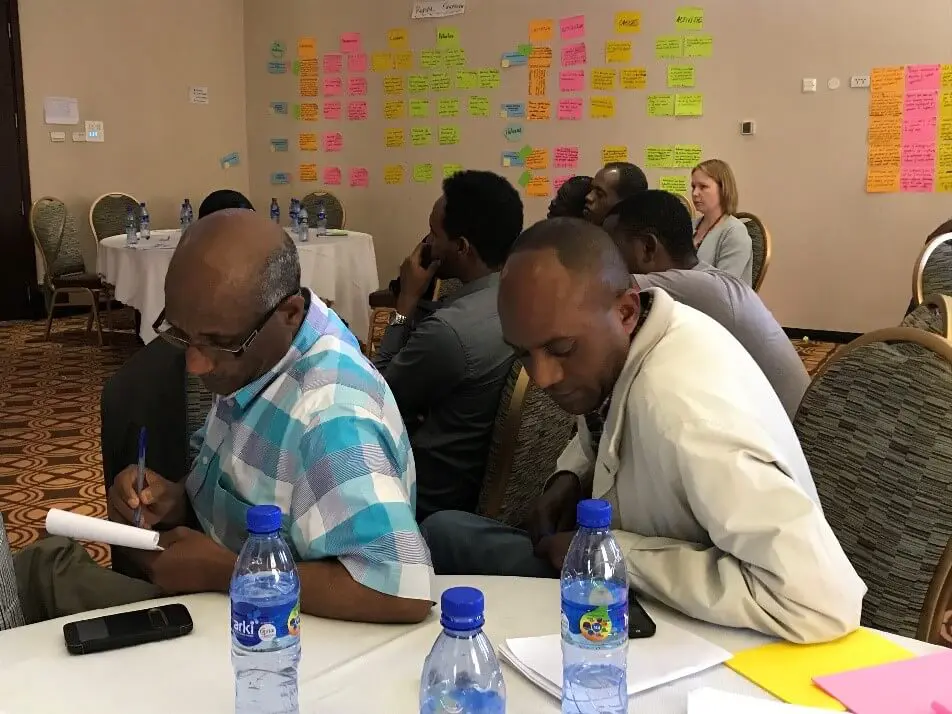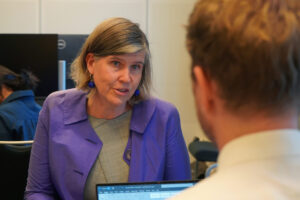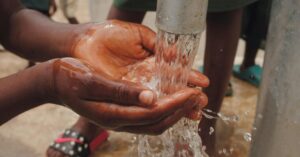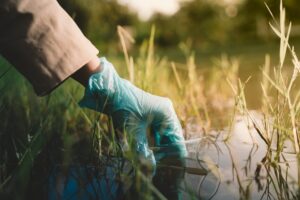- SIWI – Leading expert in water governance
- /
- Latest
- /
- WGF supports Ethiopia in its efforts towards universal access to water and sanitation
WGF supports Ethiopia in its efforts towards universal access to water and sanitation

The UNDP-SIWI Water Governance Facility (WGF), with UNICEF, is helping Ethiopia to identify solutions to key challenges in its water, sanitation and hygiene (WASH) sectors by conducting a WASH Bottleneck Analysis (WASH BAT) that will form part of the review of the country’s national programme, One WASH.
One WASH is a national programme that aims to extend safe water supply to 98 per cent of Ethiopia’s rural population and 100 per cent of city dwellers; and to ensure access to improved sanitation for all by 2020. It also aims to achieve the government’s Universal Access Plan (UAP) target for 77 per cent of the population to be washing hands with soap at critical times, that is, after using the toilet or before contact with food.
The results of the WASHBAT are expected to be included in the review of the One WASH national programme, as a collaborative diagnosis of challenges to improving access to water and sanitation in the country, but most importantly, as a way forward.
The Bottleneck Analysis Tool (WASH BAT) is designed to meet the needs of water, sanitation and hygiene sectors for diagnosing and solving key challenges that they are facing. It aims to elevate the efficiency of WASH sector resources to achieve more sustainable and equitable outcomes, by facilitating dialogues between sector financiers and by offering practical proposals to remove barriers and increase sector development.
The tool enables the development of costed and prioritized plans to remove the bottlenecks that constrains progress in the WASH sector, by analysing the complex interplay between institutional structures and processes that determine how effectively human, material and financial inputs are turned into sustainable access to drinking-water supply and sanitation. “This workshop gave me new methodology to analyze the bottlenecks and the way forward to rectify them” said one of the participants.
The WASH BAT provides a rational, evidence-based approach to the formulation of efficient, equitable and sustainable investment strategies.
To encourage group discussions and interaction between participants, the workshop was facilitated through a series of participatory exercises designed by WGF, where the result of discussions was recorded on large paper sheets and color cards attached to the wall. The exercises were complemented by short presentations in plenary, as well as feedback sessions.
After the workshop, the WGF uploaded information on the WASH BAT online tool so it can be accessible and used by the Ethiopian government in the development of the way forwards towards universal access to water and sanitation.
Most recent

Bridging Borders: A Conversation with Meike van Ginneken
- Transboundary Water Cooperation
- Water cooperation
- Water and Peace
- Water diplomacy

Transforming relations through WASH access
- Water, Sanitation and Hygiene (WASH)
- Water and Peace
- Resilience through water

How can we make the manufacturing of antibiotics safer?
- Health and water
- Pharmaceuticals and water
- Wastewater

Reflections from World Water Week 2024: Unlocking Water Cooperation Solutions
- Human rights and water
- Indigenous knowledge
- Transboundary Water Cooperation
- World Water Week

SIWI Amman hosts Ghana representatives for WASH exposure visit in Jordan

In loving memory of Kasonde Mulenga

Join us on a journey through 2023

